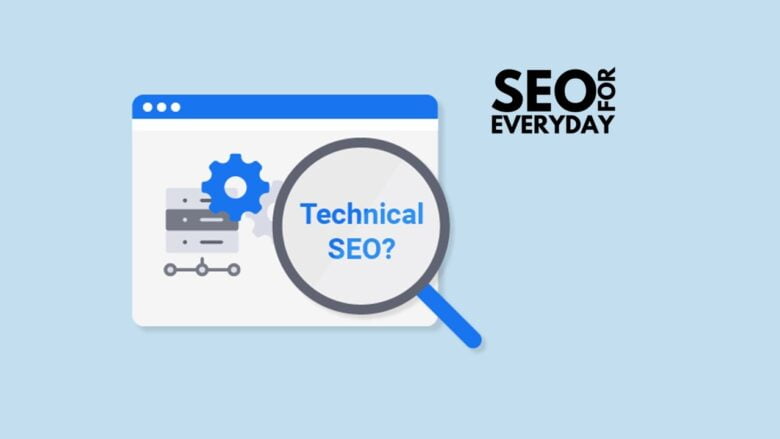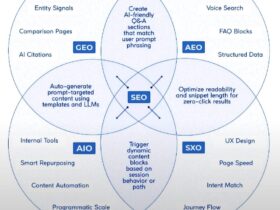Technical SEO refers to optimizing a website for search engine crawling and indexing, focusing on factors that affect search engine visibility and rankings. Unlike traditional SEO, which primarily focuses on content and backlinks, technical SEO deals with the backend aspects of a website, ensuring it is easily accessible, crawlable, and indexable by search engine bots.
Some Key Aspects of Technical SEO Include:
· Website Speed Optimization:
Website speed optimization is a significant aspect of technical SEO, as it directly impacts user experience and search engine rankings. Faster-loading websites tend to rank higher in search results and provide a better experience for visitors. You can Ensure fast website loading times through techniques such as image optimization, minification of CSS and JavaScript files, leveraging browser caching, and using content delivery networks (CDNs).
· Mobile Optimization:
Ensuring the website is responsive and provides a good user experience on mobile devices is necessary. With the increasing prevalence of mobile browsing, search engines prioritize mobile-friendly websites in their rankings, making mobile optimization essential for maintaining or improving search visibility. By implementing mobile-friendly design, optimizing font sizes and touch elements, and ensuring fast loading times on mobile devices, you can boost the user experience of your website.
· Crawlability and Indexability:
Optimizing crawlability and indexability is essential for ensuring that search engines discover, index, and rank a website’s content appropriately. By implementing best practices such as configuring robots.txt, using meta robot tags strategically, creating XML sitemaps, optimizing internal linking, and addressing canonicalization issues, web admins can maximize the visibility and accessibility of their websites in search engine results. Regular monitoring and maintenance are crucial to identify and address any crawlability or indexability issues that may arise over time.
· Website Structure and Hierarchy:
Optimizing website structure and hierarchy improves visitors’ usability and navigation and enhances crawlability, indexability, and overall search engine performance. By organizing content logically and intuitively, web admins can create a better user experience and increase the likelihood of their website ranking well in search engine results. Regular audits and adjustments may be necessary to maintain an optimal website structure as content evolves and the website needs change.
· Schema Markup:
Schema markup, also known as schema.org markup or structured data markup, is a form of microdata that can be added to HTML code to provide search engines with additional context about the content on a web page. It helps search engines understand the meaning and relationships between different content elements, enabling them to display richer and more informative results in search engine results pages (SERPs). Implementing schema markup is beneficial for improving search engine visibility and click-through rates and enhancing the overall user experience by providing more relevant and informative search results.
· Site Security and HTTPS:
Search engines favor secure websites and may receive a ranking boost with long-term success. Site security and HTTPS (Hypertext Transfer Protocol Secure) are critical technical SEO and website integrity components. Site security measures such as HTTPS protect user data, build trust, and improve search engine rankings and overall website performance.
· Technical Errors and Issues:
Technical topics encompass many problems that can negatively impact a website’s performance, user experience, and search engine rankings. They are addressing and resolving these issues, such as 404 errors, server errors, duplicate content, and canonicalization issues that can negatively impact search engine rankings. Fixing those issues is essential for maintaining the health and functionality of a website and ensuring the long-term success of their websites.
Practicing technical SEO is essential for any website looking to improve its visibility and rankings in search engine results. Ignoring technical SEO can lead to poor user experience, decreased visibility in search results, and, ultimately, loss of traffic and potential customers. By optimizing the technical aspects of a website, businesses can ensure that their content is effectively crawled, indexed, and ranked by search engines, ultimately driving more organic traffic and achieving their online marketing goals.








1 Comment